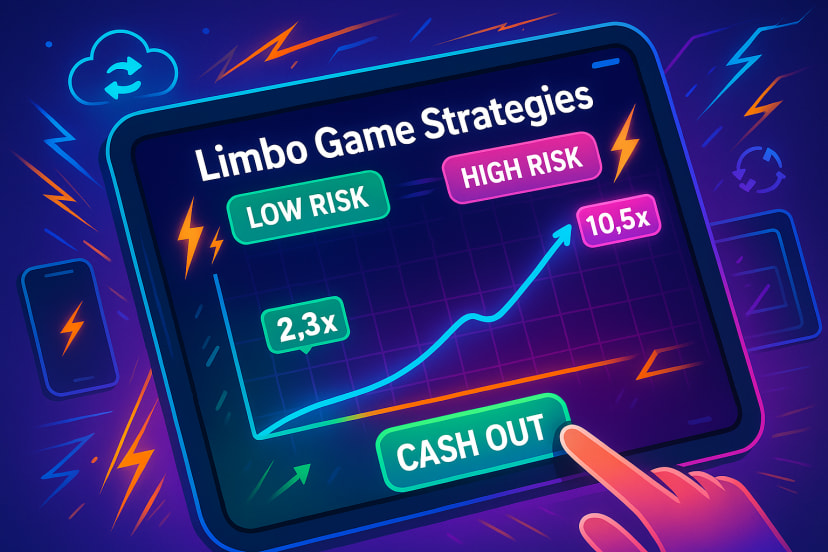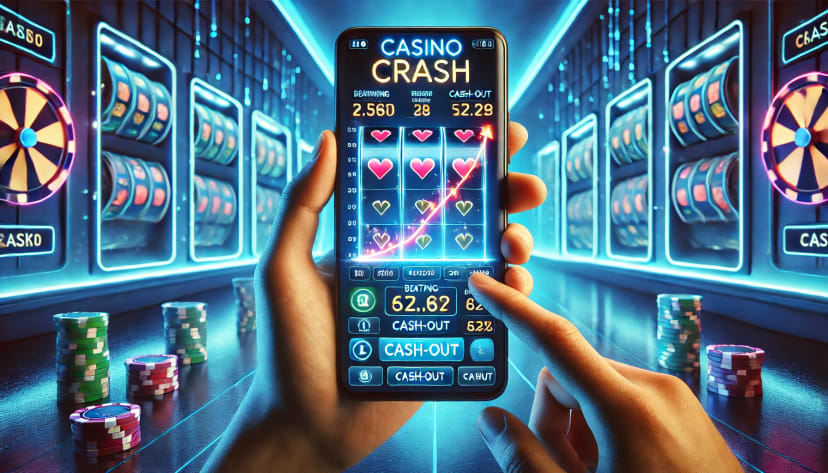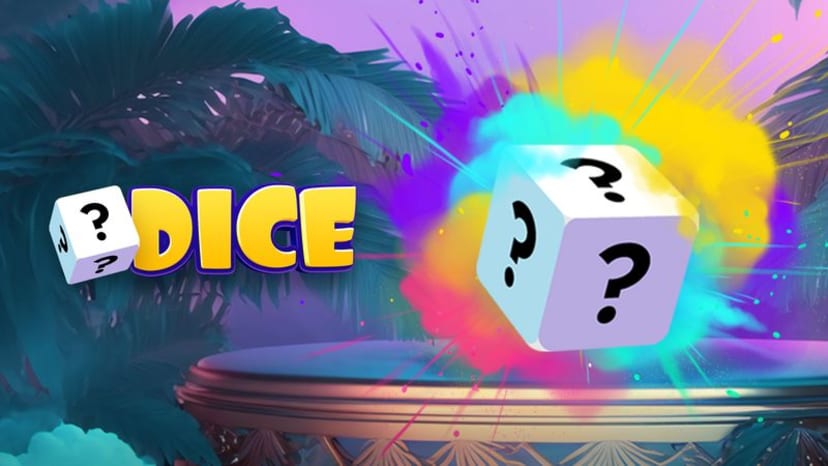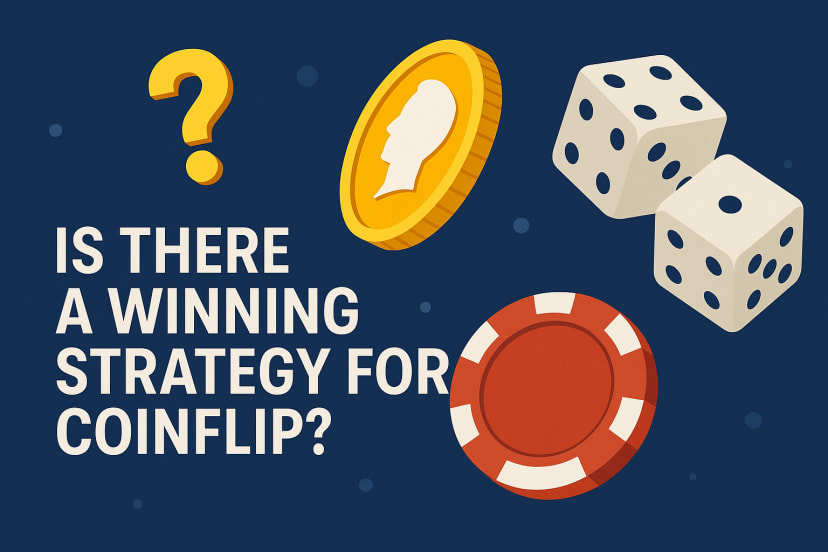Instant Games vs Arcade Games

Two very different loops
- Instant games (e.g., CoinFlip, Limbo, Mines) deliver chance-driven bursts. One-click rounds settle in under three seconds and ride on pure RNG.
- Arcade games (e.g., Peggle, Doodle Jump, Arkanoid) revolve around player reflexes, timing and pattern mastery across longer sessions.
Knowing which loop you enjoy—quick luck spikes or skill-building runs—steers you to the safer, more satisfying choice.
Quick comparison table
| Feature | Instant Games | Arcade Games |
|---|---|---|
| Core driver | RNG & timing | Player skill & strategy |
| Typical round length | 0.5 – 3 s | 30 s – several min |
| Volatility | High; balance swings every round | Low-medium; score builds gradually |
| RTP / house edge | 96 – 99 % (Dice ≈ 98 %) | None (score only) |
| Decision points | 1–2 per round | Continuous |
| Provably fair? | Yes (seed + hash) | N/A |
| Sample titles | CoinFlip, Limbo, Mines | Peggle, Doodle Jump, Puzzle Bobble |
Mechanics & interaction depth
Instant-game flow
Set stake or target (e.g., choose heads/tails or cash-out x-multiplier).
Click Play.
RNG resolves almost instantly; you win or lose, then repeat—result: high-adrenaline spikes, minimal skill curve, ideal for micro-sessions on mobile.
Arcade-game flow
Start level: control the avatar, paddle, or cannon.
React in real time—aim shots, dodge obstacles, solve puzzles.
Finish level, improve score, advance difficulty.
Result: gradual mastery, longer engagement windows, satisfaction from visible skill growth.
Volatility & RTP implications
Instant titles hard-wire house edge into payouts (e.g., Dice pays 1.98 × on a 49.5 % win chance → 2 % edge). Low stakes feel gentle, but variance bites when bets climb.
Arcade scores have no built-in edge; leaderboards, not bankrolls, define success. However, optional “continue” or coin-drop mechanics can mimic house edge in pay-to-play versions.
Choosing the format that fits you
| Preference | Better pick & why |
|---|---|
| Need 2-minute thrill | Instant – ultra-fast resolution |
| Enjoy building skill over time | Arcade – reflex & pattern learning |
| Bankroll safety first | Instant at micro stakes or arcade free-play |
| Social leaderboards & bragging | Arcade – score sharing & tournaments |
Instant Games Worth Sampling
If you gravitate toward the rapid-fire flow of instant formats, try staples like Dice, Limbo, Crash, Plinko, Mines, Keno, and Coin Flip. Each delivers quick results, provably fair outcomes, and simple interactions tailored for micro-sessions. They’re built for high-frequency play and clear risk-reward dynamics—ideal when you want action without arcade-style learning curves.
Responsible-play reminder
Fast spins and high volatility make some instant games feel like “easy money.” They are not. Set strict loss caps or time limits before play. For deeper bankroll tips, see our Instant Games page and Mines Strategy Guide.
Bottom line
Instant games trade depth for speed and wager-centric thrills, wrapping fair RNG in three-second bursts.
Arcade games swap RNG for skill, rewarding practice and persistence over house odds.
Rotate between them—or specialize—knowing exactly how each framework handles risk, reward and player agency. Good luck and play responsibly!
FAQ
What is the key difference between instant win and arcade-style casino games?
Instant win games in Pakistan focus on quick results and higher risk, while arcade games emphasize player engagement and skill.
Which type of game gives players more control over the outcome?
Arcade-style games generally offer a greater sense of control because they involve skill-based elements, unlike instant win games.
Are instant win games faster to play than arcade games?
Yes, instant win games are designed for speed, with rounds typically lasting only a few moments.
Do arcade games ever include elements of gambling?
Many arcade-style games do feature betting and rewards, but they balance these with skill-based gameplay to keep players engaged.
Which type of game is better for players who prefer a more relaxed experience?
Arcade games are often more appealing to casual players in Pakistan because they offer interactive and immersive experiences.



















